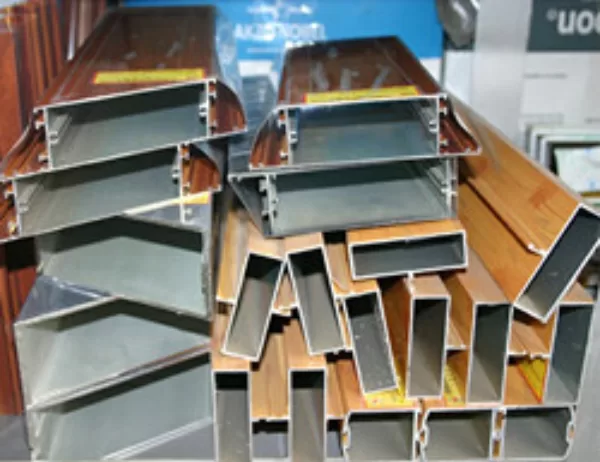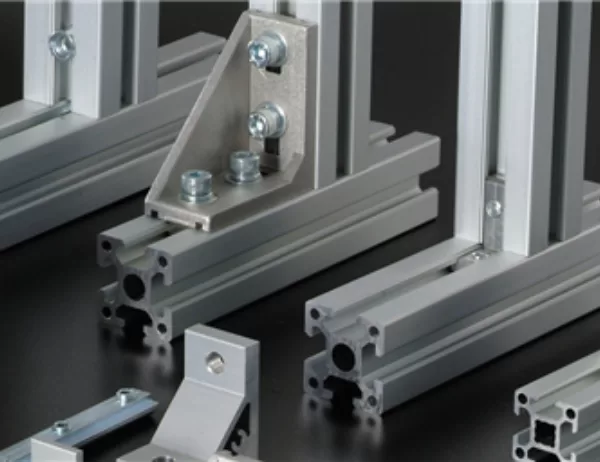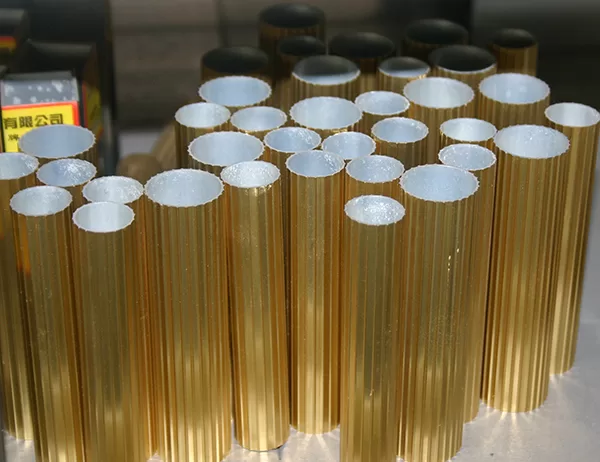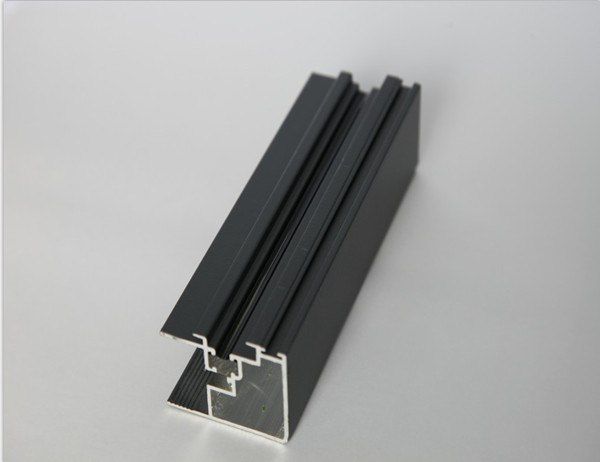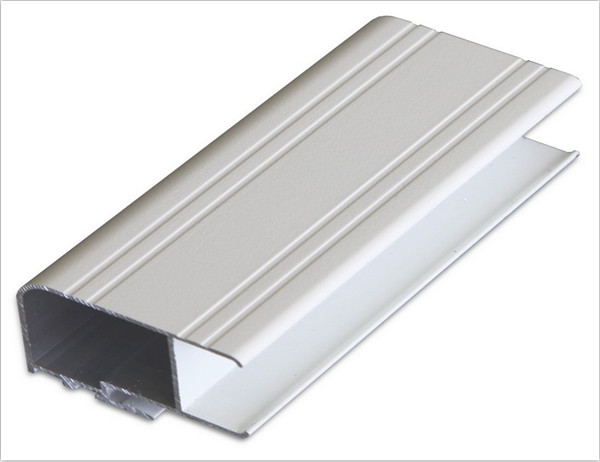In the pursuit of a more sustainable future, solar energy has emerged as a viable and cost-effective solution. By harnessing the sun’s energy, we can reduce our reliance on fossil fuels and mitigate environmental impact. Among the various components of solar photovoltaic (PV) systems, aluminum frame solar panels play a crucial role in ensuring durability, reliability, and affordability.
This article delves into the cost-effective strategies associated with aluminum frame solar panels, exploring their advantages and providing practical implementation guidelines.
Structural Integrity and Durability
Lightweight yet Robust
Aluminum frames are remarkably lightweight, making them easier to install and handle. Despite their low weight, aluminum frames offer superior mechanical strength and can withstand extreme weather conditions such as high winds, heavy snow loads, and extreme temperatures. This durability ensures long-term performance and minimizes the risk of damage or failure.
Corrosion Resistance
Aluminum is highly resistant to corrosion, which makes it an ideal material for solar panel frames exposed to harsh environmental conditions. This resistance prevents the formation of rust and degradation, extending the lifespan of the solar panels and reducing maintenance costs.
Cost Reduction
Affordable Material
Aluminum is a cost-effective material compared to other framing options such as steel or stainless steel. Its lightweight nature reduces transportation and installation expenses. Additionally, the high availability of aluminum ensures a stable supply and competitive pricing.
Reduced Labor Costs
Aluminum frames are easy to assemble and install, requiring less labor than heavier materials. This labor efficiency translates into lower overall installation costs, making aluminum frame solar panels a more budget-friendly option.
Enhanced Performance
Improved Heat Dissipation
Aluminum’s excellent thermal conductivity aids in heat dissipation from solar panels. This efficient heat management prevents overheating, which can reduce panel efficiency and shorten its lifespan. By maintaining optimal operating temperatures, aluminum frames enhance panel performance and longevity.
Optimal Panel Placement
The lightweight and versatile nature of aluminum frames allows for flexible panel placement. They can be easily mounted on rooftops, ground-mounted systems, or other custom installations. This flexibility optimizes the orientation and tilt angle of the panels, maximizing energy yield.
Environmental Benefits
Recyclability
Aluminum is a highly recyclable material, making it an environmentally conscious choice. By recycling aluminum frames, we conserve resources and reduce landfill waste. This closed-loop recycling process contributes to a sustainable and resource-efficient economy.
Reduced Carbon Footprint
The production of aluminum frame solar panels generates significantly less carbon emissions compared to other materials. This lower carbon footprint aligns with the environmental goals of renewable energy initiatives. By using aluminum frames, we can minimize the environmental impact of solar installations.
Conclusion
Cost-effective strategies with aluminum frame solar panels offer a multitude of advantages that make them an attractive choice for solar energy systems. Their durability, affordability, enhanced performance, and environmental benefits contribute to the overall cost-effectiveness and sustainability of solar PV installations. By adopting these strategies, we can unlock the full potential of solar energy and accelerate the transition towards a clean and renewable future.
